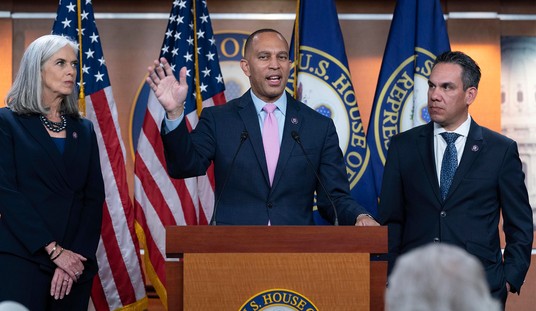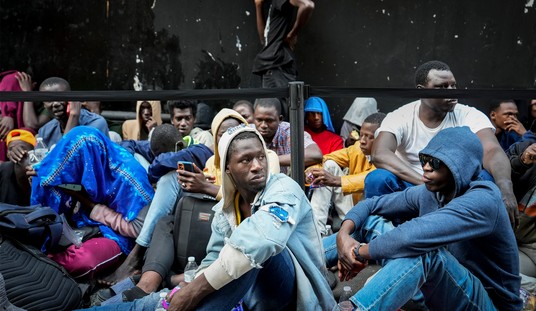The Maryland Alliance for the Poor released a 2014 poverty profile for Maryland. The Catholic Charities of Maryland hosts a copy on its website. According to the report, the 2012 median income in Baltimore was $39,788. The U.S. Census notes that from 2009 to 2013, the media income was roughly $41,385. For comparison, the State of Maryland as a whole has a median income of $73,538.
Baltimore is number one in the child poverty rate. In 2012, “36.5 percent of children in Baltimore city lie below the poverty line – $23,492 for a family of four,” the Alliance for the Poor noted. Baltimore is also number one in Maryland for the number of senior citizens below the poverty line. It is also number one in “individuals living below 200 percent of poverty.” 46.6 percent of people in Baltimore hit that mark. The city is number two in unemployment. Again, from the Alliance for the Poor, “9.7 percent of residents of Baltimore City are unemployed.”
Baltimore ranks number one in Maryland for “residents receiving temporary cash assistance,” number one for “children receiving temporary cash assistance,” number one “in percent of population participating in food supplement program,” number eight “in adults receiving temporary disability assistance,” number 1 “in percent of children who participate in the free and reduced price meal program,” and number 3 “in penetration rate of food supplement program. That last one means “84.3 percent of eligible individuals in Baltimore City participated in the Food Supplement Program.”
In other words, Baltimore City residents are being taken care of by the American taxpayer. 84.3 percent of individuals who are eligible for government assistant with food have gotten into the program and there are workers paid to find the rest of the people and enroll them.
The reaction by many, looking at the rioting in Baltimore this past week, will be that we need to spend more money in Baltimore and help people more. The reality is that at some point people have to help themselves. Many in Baltimore did help themselves and started businesses in their communities to help others. The rioters burned and destroyed several of those businesses. In deep irony, the very protestors who burned down the black owned businesses to protest police brutality would probably, if given the chance, riot to demand a “living wage” for the employees of the businesses they just destroyed.
More government is not the solution to what ails Baltimore. Culture is the issue. Culture is also upstream from politics. Culture flows downstream impacting politics. Politics does not impact culture. But as culture flows downstream eroding society, it leaves a fertile plain in which ideas can be planted. Some of those ideas will be deeply antagonistic to freedom. Others, hopefully, will plant seeds that provide a future bountiful harvest to nourish the souls in Baltimore.
In that vein, Baltimore does not need more politicians. It needs more God fearing churches spreading a Gospel of sacrificial love and redemption. The race baiters and race hustlers are going to spread their seeds. Will America’s churches also try to penetrate Baltimore and make disciples?
The war on poverty in the United States has done vastly more damage than good. It has created a culture of entitlement and dependency. It has aided the collapse of the American family. It has been deeply destructive in black homes. We have spent trillions of dollars to subsidize the poor, not elevate people out of poverty.
Jesus said, “The poor you will always have with you.” Well meaning Americans have too often interpreted that to mean the same poor people will always be poor. Consequently, American policies have been shaped to take care of the same poor people, instead of creating policies to elevate poor people out of poverty and prepare to take care of the next group of poor people.
Baltimore does not need a government spending spree. It needs a change of culture within families. It needs a sense of community. Government cannot provide that, but the Gospel can. Instead of ceding poverty programs to the government, churches should start taking back that work.
To find out more about Erick Erickson and read features by other Creators Syndicate writers and cartoonists, visit the Creators Syndicate Web page at www.creators.com.
COPYRIGHT 2015 CREATORS.COM













Join the conversation as a VIP Member